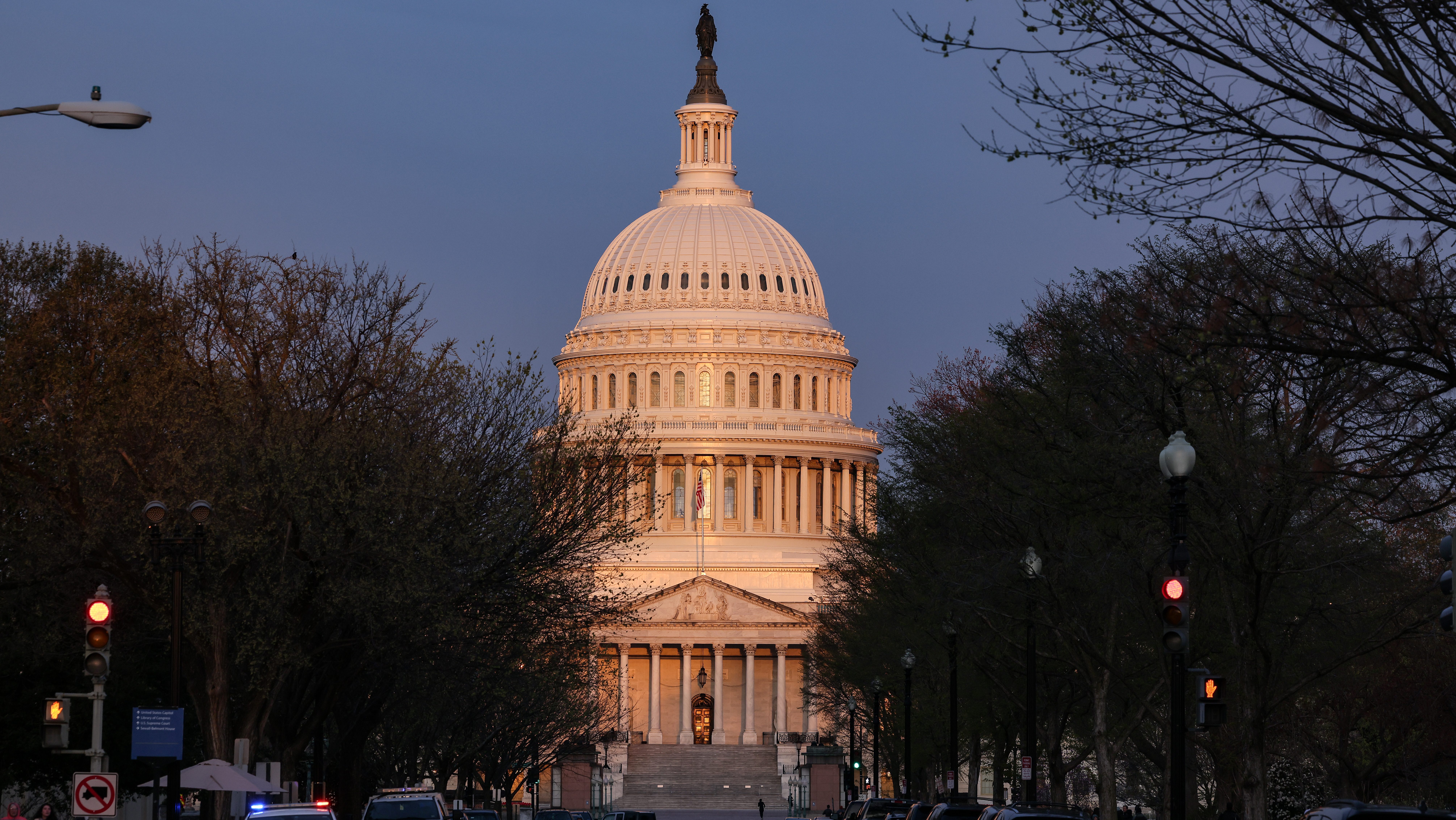At worst, it has meant millions of dollars lost and layoffs. At best, it has changed business plans.
Maine seafood dealers are facing all kinds of challenges since China imposed retaliatory tariffs on live lobster imports in response to the Trump administration's tariffs on Chinese goods.
The Maine International Trade Commission estimates there has been an 81% drop in live lobsters shipped from the Pine Tree State to mainland China between June 2018 and June 2019.
Maine Coast Lobster in York is one of the businesses that lost millions of dollars in revenue as Chinese buyers look to Canada for cheaper crustaceans.
The company's solution to that loss was to expand business in other domestic and international markets it already had access to and find new ones.
"We were fortunate in that we were already exporting to 27 countries," said Sheila Adams, vice president of sales and marketing for Maine Coast. "The hardest thing for us has been the uncertainty."
Maine's congressional delegation is aware of dealers' concerns, but the tariffs stem from orders imposed by the White House, not Congress.
U.S. & World
Republican Senator Susan Collins has reached out to federal seafood strategy advisors in NOAA, including in a May letter, in which she said, "I am eager to work with you to develop new and expand existing markets for lobster and other American seafood to help replace those lost in both China and the E.U."
But the dealers say they aren't holding out hope legislators can fix the problem alone.
"They have no ability to influence any decisions. They're not involved in the trade discussions," said Adams. "That's inside the executive branch."
The news is not all bad, though.
Adams says the lobster industry is usually healthy enough to weather recessions fairly well, in case one looms on the horizon.
She also expects lobster landings to be good, sparing them the pinch the dealers are experiencing.



